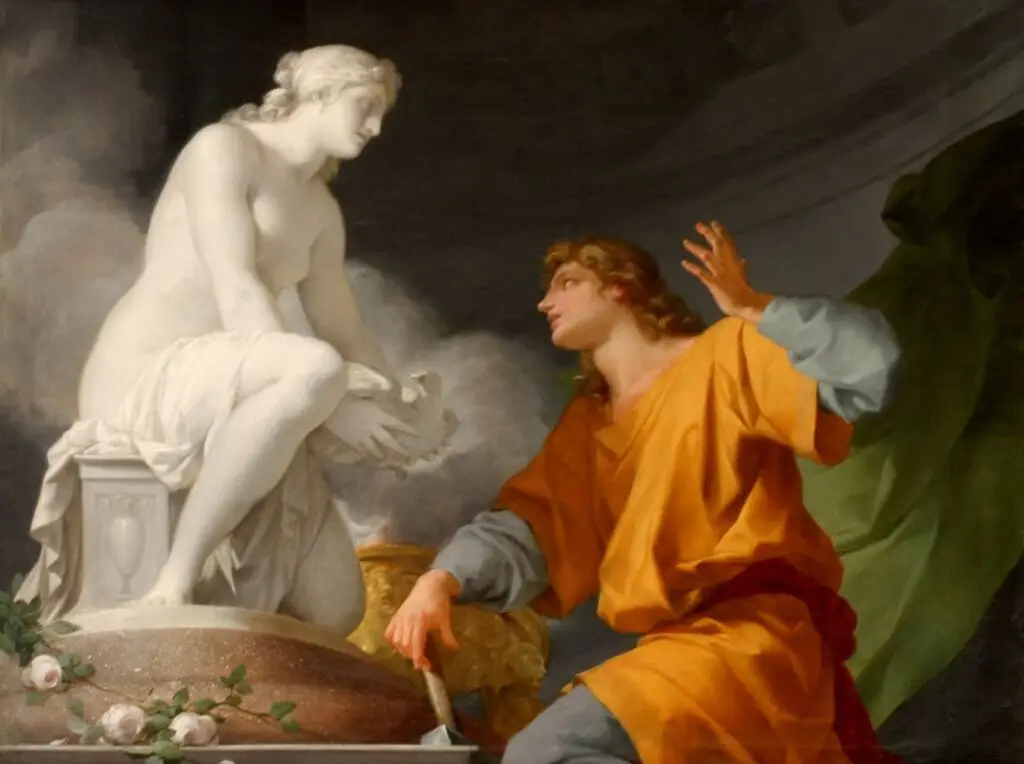How do the expectations of a teacher effect a students performance?
In the realm of education, the Pygmalion Effect, also known as the Observer-Expectancy Effect, holds profound implications for both educators and learners alike. Coined by psychologist Robert Rosenthal in 1963, this phenomenon asserts that high expectations can lead to improved performance in a given area.
Rosenthal’s groundbreaking study demonstrated how individual expectations can influence outcomes, creating self-fulfilling prophecies. In his experiment, he divided participants into two teams, Team A and Team B, and provided them with rats labeled as ‘smart’ and ‘dumb’ respectively. Over a period of five weeks, the teams were tasked with training the rats to complete a maze.
At the conclusion of the study, Team A achieved remarkable success, with 4 out of 5 rats completing the maze, while Team B struggled, managing only 2 out of 5. The revelation? The rats were actually identical—neither smart nor dumb. Instead, the difference lay in how each team perceived and treated the rats.
Team A, buoyed by the expectation of success, treated their rats with warmth, affection, and positive reinforcement, instilling confidence and motivation. In contrast, Team B’s negative expectations led to disdainful treatment, stifling the rats’ potential and hindering their performance.
The significance of the Pygmalion Effect in education lies in its reminder of the profound impact of expectations on student outcomes. As mentors and tutors, it is incumbent upon us as educators at Modedu to cultivate an environment of positivity, encouragement, and high expectations. By believing in our students’ capabilities and fostering a supportive climate, we empower them to rise to their full potential and achieve academic success.
Reflecting on the Pygmalion Effect, we are reminded of the importance of our role as leaders and mentors in shaping the learning environment. Whether in schools, universities, workplaces, or within our own families and social circles, the power of positive expectations is undeniable.
Just as Pygmalion sculpted his ideal woman from ivory and brought her to life, so too can we sculpt the minds of our students with belief, encouragement, and unwavering support. Let us embrace the transformative potential of the Pygmalion Effect and inspire greatness in those we teach and mentor.




Leave a Reply